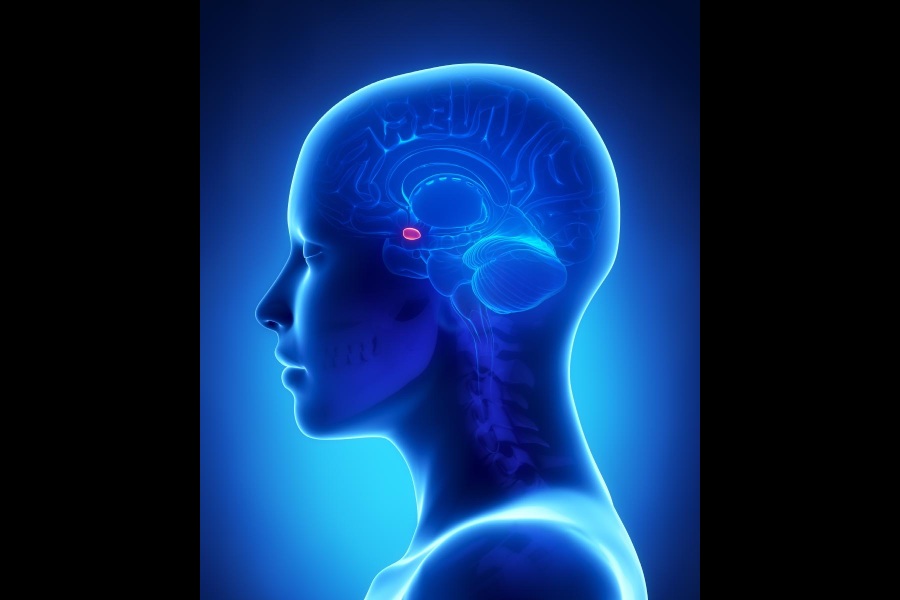An almond-sized structure called the amygdala that controls fear and is located deep in the brain is slightly larger in people with conservative ideologies than in liberals, researchers have said in a study released on Thursday.
The study in the Netherlands is the first to corroborate in a country with multiple political parties. Similar observations connecting political ideology with brain structures were made earlier in countries dominated by two political parties.
The researchers, who used pre-existing magnetic resonance imaging brain scans of 928 individuals aged between 19 and 26 years, found that conservative voters had on average an amygdala size 10 cubic mm larger than liberal or progressive voters.
Their study, published on Thursday in the journal iScience, marked a fresh attempt to probe whether the ways in which liberals and conservatives behave and think might be fundamentally different and whether brain structures are correlated with specific political ideology.
Psychologist Diamantis Petropoulos Petalas, who led the study, said the findings suggest that certain political ideologies might be supported by distinct neural pathways that determine how individuals might perceive threats or uncertainty.
But he cautioned that the available data do not even hint whether the amygdala’s larger size is a cause or a consequence in people with conservative ideology. “We’re only reporting an association, political behaviour is far more complex and depends on many other factors,” Petalas told The Telegraph.
Researchers at the University College London were among the first to document in 2011 a larger amygdala volume in people with conservative ideology than in liberals. Petalas and his colleagues have confirmed the correlation but found the effect to be three times smaller than in the original study.
“The amygdala is often described as the brain’s alarm system — it plays a critical role in processing fear, threats and uncertainty,” said Petalas, assistant professor at the American College of Greece and also a member of a political research lab at the University of Amsterdam.
“Conservative political ideologies often emphasize stability, security and resistance to change which aligns with the amygdala’s role in responding to perceived threats,” Petalas said. “Individuals with a larger amygdala might be more sensitive to any potential or perceived dangers, leading them to adopt relatively conservative positions. But it is important to understand that the relationship between brain structure and ideology is complex and involves multiple factors.”
Petalas said the 2011 study had been conducted in the UK with a smaller sample of only around 90 participants. The replication of the brain-ideology associations in the Netherlands suggests that such relationships are not unique to two-party political systems.
“I believe our findings could have implications in other countries with multi-party systems, including India,” Petalas said. “As India also has a diverse political landscape, it would be fascinating to explore whether similar patterns exist there, particularly given its complex socio-political dynamics. Of course, cultural and environmental factors would need to be considered before such research.”
The researchers used questionnaires to classify individuals’ political ideology through questions relating to social and economic issues such as income inequality, profit sharing, and women’s rights and LGBTQI+ rights, The study did not find any correlation political ideology and another brain structure called the anterior cingulate cortex (ACC) involved in multiple functions, including decision-making and processing social information.
The anatomical differences in both the amygdala and the ACC varied depending on the person’s social and economic ideology which weren’t necessarily aligned. The researchers say their findings underscore that the connection between political ideology and brain structure are nuanced and multidimensional.










